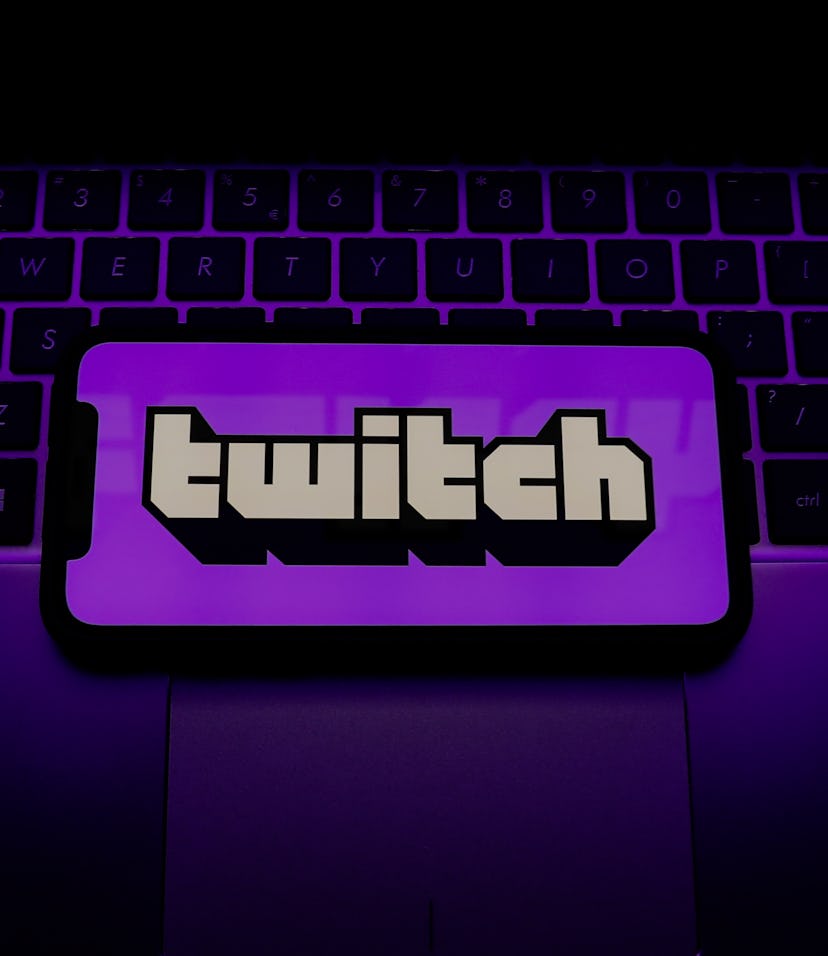Gaming
Twitch is making it easier for the music industry to report streams
It's reportedly in talks with publishers about how music will be handled on the platform going forward.

Twitch isn’t making the lives of streamers any easier. The Amazon-owned company has told users that it will implement a new process for publishers and rights holders to report content that’s in violation of their copyrights.
It’s reasonable for musicians to expect some sort of compensation when their work is being used to support another party. But it can also be argued that the background use of music in gaming and other livestreams is a form of promotion that the industry should endorse.
Twitch has been unable to strike any sort of licensing deals with publishers, though Billboard reports that as part of this new reporting process, Twitch and the National Music Publishers' Association (NMPA) are in talks about how to handle music on the platform going forward.
That could be a good sign that the massive video purges that Twitch has overtaken in the past will be just that — a thing of the past. There should be a way to satisfy all parties involved that allows music to accompany livestreams.
Still, Twitch’s new system makes it easier for rights holders to report a stream, after which users will receive a warning and see their video removed. There’s no way to appeal these decisions, which makes the system ripe for abuse by copyright management companies that blanket target streams that are using copyrighted content that’s covered by fair use provisions.
Twitch at least says that it will not penalize users as often as it has in the past, something that has caused much frustration for users.
Why so slow? — Competing platform Facebook Gaming last year announced that it had struck deals with all the major music labels that allow users to play copyrighted music in the backgrounds of their streams without fear of punishment. The music needs to be a “background element,” meaning that a streamer’s voice or audio from gameplay should be playing in the foreground.
Twitch has caused other headaches for users. The platform has been plagued by “hate raids” in which marginalized creators are targeted by bots and harassers who bombard streams with hateful messages. Twitch in response has said it will implement new tools that make it a little more difficult for would-use harassers to use Twitch for spreading hate.
These types of issues threaten to impact Twitch’s dominance over the market for e-sports and other livestreamed content. YouTube Gaming also prohibits the use of copyrighted music.